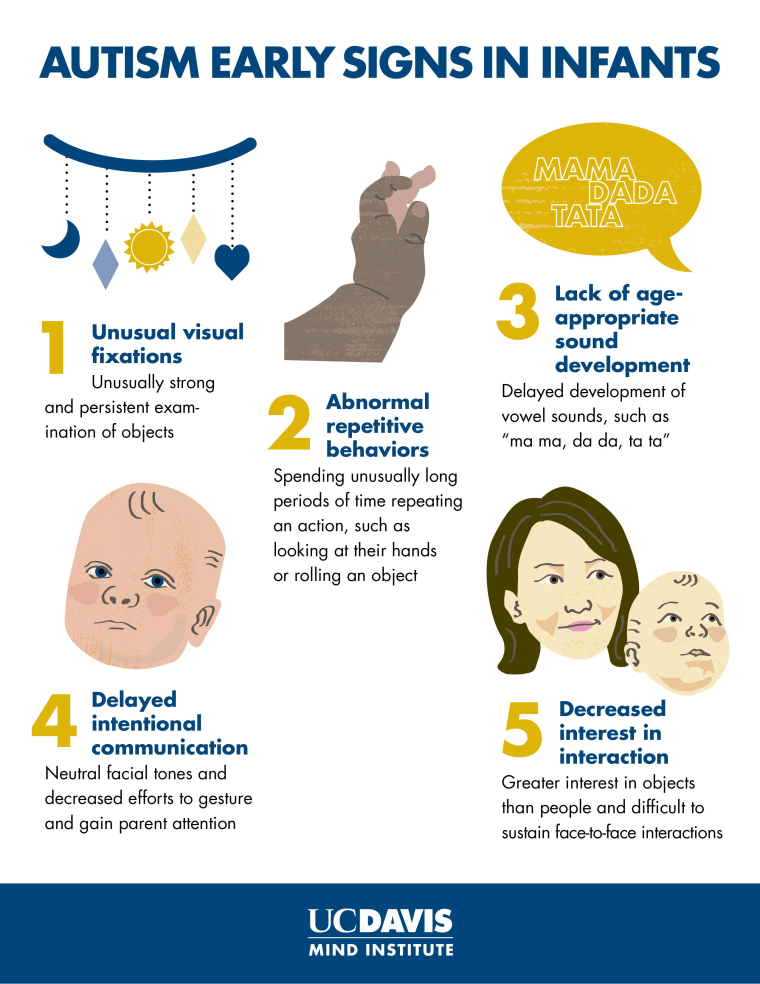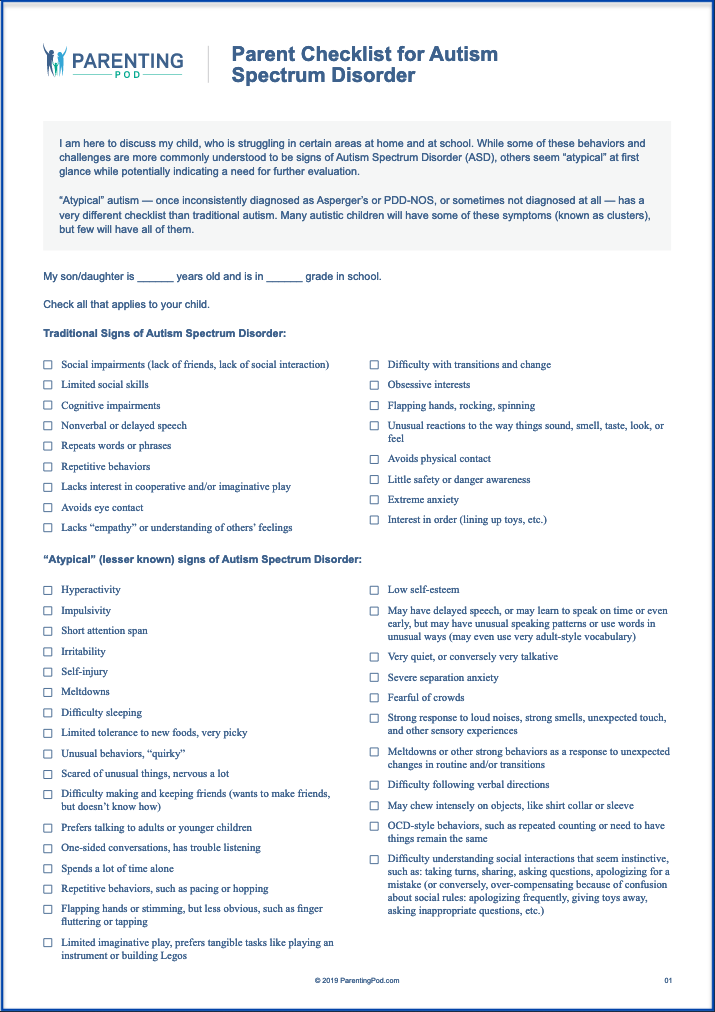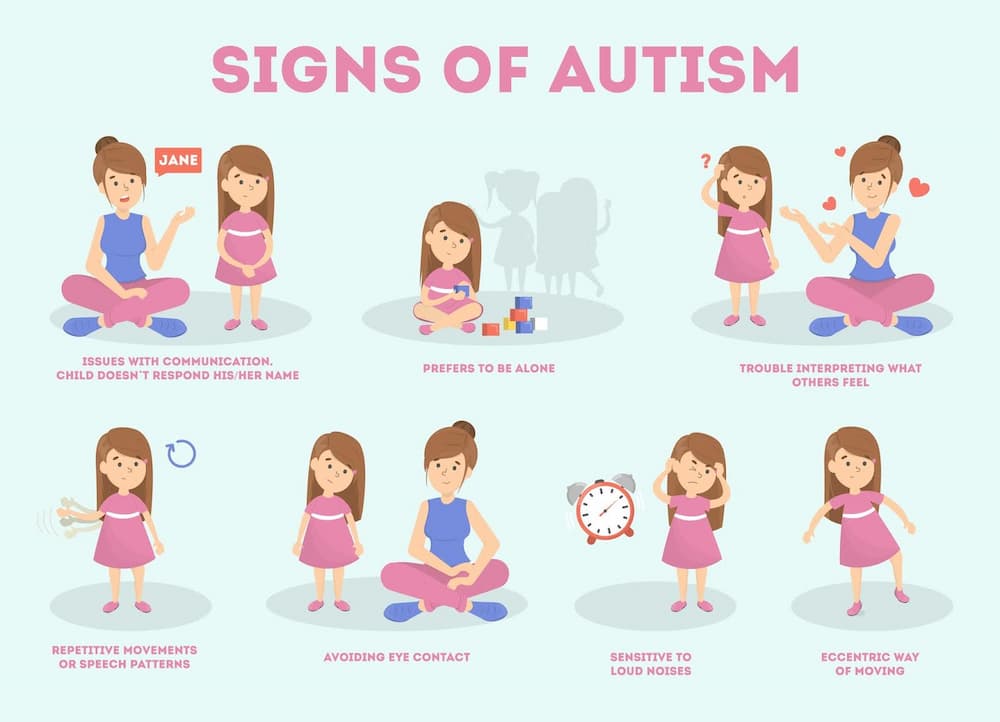The power of early assessment from an Aba Therapist is key
The power of early assessment from an Aba Therapist is key
Blog Article
Understanding the Influence of Behavioral Autism on Daily Life and Social Interactions
You might not recognize exactly how deeply behavioral autism influences day-to-day life and social interactions. People on the range commonly navigate a world loaded with communication hurdles and sensory overload. These difficulties can lead to irritation and seclusion, influencing their partnerships and total wellness.
Defining Behavioral Autism and Its Characteristics
Behavioral autism, usually described as autism range problem (ASD), incorporates a series of conditions defined by difficulties in social communication, communication, and repetitive habits. You might see that people with ASD frequently struggle to translate social hints, which can lead to misconceptions in conversations. They might locate it difficult to establish eye get in touch with or participate in tiny talk, making social circumstances feel frustrating.
Interaction problems can show up in different ways, from postponed speech advancement to a preference for utilizing fewer words. Repeated habits, such as hand-flapping or rocking, can serve as coping systems to manage tension or sensory overload. These characteristics can greatly influence every day life, making it vital for you to comprehend and sustain those with ASD. By identifying these qualities, you can cultivate an environment that advertises approval and urges reliable communication, helping individuals with autism grow in their day-to-day interactions.
The Range of Autism: Understanding Irregularity in Actions
Autism spectrum disorder (ASD) isn't a one-size-fits-all medical diagnosis; it varies widely amongst people. You may notice that some individuals with ASD show mild symptoms, while others might face more significant difficulties. This irregularity can show up in actions, rate of interests, and sensory sensitivities. You may run into individuals who are very verbal and involve conveniently in conversations, while others may choose singular tasks or interact non-verbally.
Furthermore, the way people with ASD respond to sensory input can differ considerably; some could be bewildered by brilliant lights or loud noises, whereas others prosper in boosting environments. The range also consists of differences in social communications; some people may battle to translate social signs, while others navigate social settings with relative simplicity. Comprehending this irregularity is vital, as it assists you value everyone's one-of-a-kind experience and tailor support to their specific needs, fostering a much more inclusive setting for everybody.
Interaction Challenges Faced by Individuals With Autism
When you communicate with individuals on the autism range, you may see their distinct interaction challenges. They usually deal with problems with both spoken and nonverbal signs, which can affect their social interactions. Recognizing these barriers is crucial for cultivating far better links and support.

Verbal Communication Problems
Several individuals on the autism range experience verbal interaction problems that can substantially affect their day-to-day communications. You could find it challenging to share your thoughts, sensations, or requires plainly. This can lead to frustration for both you and those around you, as misconceptions take place. You may battle with launching discussions, preserving a subject, or recognizing subtleties in speech. Frequently, you may choose making use of basic language or repetitive expressions, which can limit your ability to involve in deeper conversations. Your volume, tone, or pace might not line up with social expectations, triggering others to misinterpret your objectives. Identifying these difficulties can aid you and your assistance network create methods to boost communication and cultivate much better links with others in your every day life.
Nonverbal Interaction Barriers
Verbal communication isn't the only obstacle people on the autism spectrum face; nonverbal interaction barriers can be simply as considerable. These difficulties can lead to misconceptions or misconceptions of social hints, making communications really feel complex or overwhelming. By attending to nonverbal communication, you can find strategies to enhance your social experiences and improve your total quality of life.
Social Interaction Effects
Social interactions can often really feel frustrating due to the one-of-a-kind communication challenges faced by individuals with autism. Recognizing these obstacles can help you locate approaches to boost interaction, such as exercising social skills in risk-free settings or using aesthetic aids. Recognizing your needs enables you to navigate social interactions with higher confidence and simplicity.
Social Interaction and Relationship Structure in Autism
While structure relationships can be testing for people with autism, understanding their one-of-a-kind perspectives and interaction designs can promote significant links. You could notice that lots of people on the spectrum choose straight communication and may have a hard time with social signs or little talk. By being uncomplicated in your communications, you can help develop an environment where they really feel comfy.
Take the time to Website pay attention and observe exactly how they share themselves. This insight can lead you in guiding discussions better. Involving in shared passions can additionally work as a bridge to deeper links. Whether it's a leisure activity, a favorite program, or a common enthusiasm, these common threads can open doors to friendship.
Every Day Life Regimen: Browsing Techniques and challenges
Maneuvering everyday life routines can be especially testing for people with autism, particularly when unexpected adjustments occur. To browse these difficulties, take into consideration applying aesthetic routines or checklists.
Developing a regimen that includes sensory breaks can additionally be valuable. You can prepare brief breaks throughout your day to reenergize. It's vital to communicate with those around you, allowing them recognize your requirements and preferences. This assists produce an understanding atmosphere.
Last but not least, practice mindfulness methods to take care of stress and anxiety and stress and anxiety. Easy breathing exercises or grounding methods can make a substantial distinction. By incorporating these techniques, you can improve your day-to-day routine and decrease interruptions, making life really feel extra convenient.
Staminas and Capacities of Individuals on the Autism Spectrum
Understanding day-to-day life regimens is simply one facet of have a peek at these guys the autism experience. Numerous people on the autism spectrum have impressive toughness and capacities that set them apart. You may find that your attention to detail is outstanding, allowing you to succeed in tasks that need accuracy and focus. Your capability to believe outside the box can result in cutting-edge remedies in numerous circumstances.
Furthermore, your memory skills commonly shine, particularly in locations of passion. Aba Therapist. This knack for preserving details can make you a valuable resource in areas like technology, art, or science. You may additionally exhibit strong visual reasoning, allowing you to imagine intricate ideas and address problems artistically
Additionally, your distinct viewpoint on the globe can cultivate compassion and understanding in others, enhancing social communications. Accepting these toughness not only increases your confidence however also helps others appreciate the varied abilities you give the check that table.
Producing Inclusive Environments for People With Autism
Creating comprehensive environments for individuals with autism starts with making sensory-friendly spaces that accommodate their distinct needs. You can additionally foster possibilities for social communication, assisting to build friendships and links. By making these changes, you'll contribute to a much more inviting environment for everybody.
Creating Sensory-Friendly Spaces
While making sensory-friendly spaces, it's vital to show on the special requirements of individuals with autism. Include silent areas where people can charge and retreat when overwhelmed. Include aesthetic schedules or clear signage to help people browse the area with confidence.
Advertising Social Communication Opportunities
Designing sensory-friendly areas not just addresses specific convenience but likewise sets the stage for purposeful social communications amongst people with autism. To advertise these interactions, produce inclusive environments that welcome involvement. Arrange organized activities, like art courses or group games, that motivate partnership without overwhelming sensory input. Use visual aids and clear interaction to assist everybody involve conveniently. Encourage peer mentoring, combining people with autism with helpful peers who can lead them via social scenarios. In addition, consider hosting routine community events that celebrate neurodiversity, cultivating acceptance and understanding among all individuals. By executing these techniques, you can improve social opportunities, assisting individuals with autism build friendships and strengthen their social abilities in a secure, inviting environment.

Regularly Asked Questions
Exactly How Can Pals Support A Person With Behavioral Autism?
You can sustain a close friend with behavior autism by holding your horses, paying attention proactively, and respecting their limits. Take part in activities they enjoy, interact honestly, and produce a comfortable environment where they really feel valued and comprehended.
What Resources Are Available for Moms And Dads of Children With Autism?
You can check out numerous sources for parents of kids with autism, consisting of assistance groups, educational sites, and regional social work. Linking with various other parents can additionally supply beneficial understandings and shared experiences to help browse challenges.
Can Behavioral Autism Adjustment Gradually?

Yes, behavior autism can change over time. You might discover shifts in communication, social skills, and habits as your youngster grows. Early treatment and support often play vital roles in these developing adjustments.
How Do Sensory Sensitivities Influence Life?
Sensory sensitivities can make daily experiences frustrating. You could battle with loud noises or bright lights, bring about stress and anxiety or evasion. Finding environments that fit your requirements can considerably enhance your convenience and overall every day life.
What Prevail Misconceptions Regarding Behavioral Autism?
You might assume behavior autism just affects communication abilities, yet it's even more complex. Several think individuals do not have compassion or intelligence, which isn't true. Understanding these misconceptions assists foster approval and support for those on the range.
Behavioral autism, typically referred to as autism spectrum problem (ASD), encompasses a variety of conditions defined by difficulties in social communication, interaction, and repeated habits.Social communications can commonly really feel frustrating due to the one-of-a-kind communication challenges encountered by individuals with autism.Designing sensory-friendly spaces not just addresses private comfort however additionally sets the stage for significant social interactions amongst individuals with autism. Encourage peer mentoring, pairing people with autism with helpful peers that can assist them through social circumstances. By applying these strategies, you can enhance social chances, assisting people with autism develop friendships and reinforce their social skills in a secure, inviting environment.
Report this page